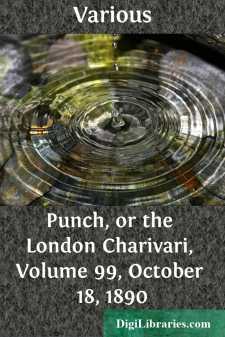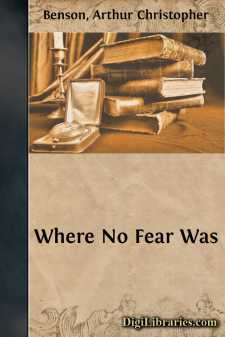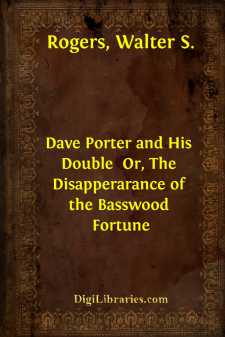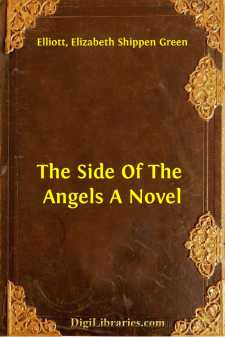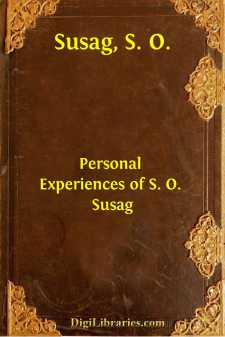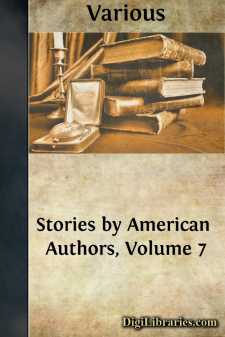Categories
- Antiques & Collectibles 13
- Architecture 36
- Art 48
- Bibles 22
- Biography & Autobiography 813
- Body, Mind & Spirit 142
- Business & Economics 28
- Children's Books 17
- Children's Fiction 14
- Computers 4
- Cooking 94
- Crafts & Hobbies 4
- Drama 346
- Education 46
- Family & Relationships 57
- Fiction 11829
- Games 19
- Gardening 17
- Health & Fitness 34
- History 1377
- House & Home 1
- Humor 147
- Juvenile Fiction 1873
- Juvenile Nonfiction 202
- Language Arts & Disciplines 88
- Law 16
- Literary Collections 686
- Literary Criticism 179
- Mathematics 13
- Medical 41
- Music 40
- Nature 179
- Non-Classifiable 1768
- Performing Arts 7
- Periodicals 1453
- Philosophy 64
- Photography 2
- Poetry 896
- Political Science 203
- Psychology 42
- Reference 154
- Religion 513
- Science 126
- Self-Help 84
- Social Science 81
- Sports & Recreation 34
- Study Aids 3
- Technology & Engineering 59
- Transportation 23
- Travel 463
- True Crime 29
Sort by:
by:
Various
HOW IT'S DONE. A Handbook to Honesty. No. 11.—THE STRAIGHT "TIP." SCENE—Sanctum of "Large Wholesale House." Present, one of the Principals, a pompous personage, with imposing watch-chain, and abundant space for it to meander over, and a sleekly subservient "Head of Department." Principal looks irritated, Head of Department apprehensive, the former angrily shuffling some...
more...
THE SHADOW There surely may come a time for each of us, if we have lived with any animation or interest, if we have had any constant or even fitful desire to penetrate and grasp the significance of the strange adventure of life, a time, I say, when we may look back a little, not sentimentally or with any hope of making out an impressive case for ourselves, and interrogate the memory as to what have...
more...
by:
Walter S. Rogers
CHAPTER I OFF FOR A SLEIGH-RIDE “What is the matter, Dave? You look rather mystified.” “I am mystified, Laura,” replied Dave Porter. “I have a letter here that I can’t understand at all.” “Whom is it from?” questioned Laura Porter, as she came closer to her brother, who was ensconced in the largest easy-chair the Wadsworth library contained. “It’s from a shopkeeper in Coburntown,...
more...
WHAT species of mammals occur on the "coastal island", barrier beach, of Tamaulipas? Are the closest relatives of these mammals on Padre and Mustang islands of Texas, instead of on the mainland of Tamaulipas, or are the mammals on the barrier beach distinct from all others? These were questions that Dr. von Wedel of Oklahoma City and I asked ourselves in March of 1950 when we were in southern...
more...
by:
Morgan Robertson
PART I The first man to climb the Almena's side-ladder from the tug was the shipping-master, and after him came the crew he had shipped. They clustered at the rail, looking around and aloft with muttered profane comments, one to the other, while the shipping-master approached a gray-eyed giant who stood with a shorter but broader man at the poop-deck steps. "Mr. Jackson—the mate here, I...
more...
The difficulty was, in the first place, one of date—not the date of a month or a year, but of a generation or a century. Had Thorley Masterman found himself in love with Rosie Fay in 1760, or even in 1860, there would have been little to adjust and nothing to gainsay. In 1860 the Fays were still as good as the Thorleys, and almost as good as the Mastermans. Going back as far as 1760, the Fays might...
more...
by:
S. O. Susag
Ever since this book was first published for the author, S. O. Susag, by the Standard Printing Company, Guthrie, Oklahoma, in the year of 1948, it has been in steady demand. These many testimonies of outstanding answers to prayer have been an inspiration of faith to many people, and they will continue to be an encouragement to every earnest and honest seeker for an increase of faith in God's...
more...
by:
William Banks
CHAPTER I "What! never been to a political meeting; an' you living in a city. Back to the hamlet for you, boy; you're lost. "You're not? You know where you live, and could find your way home in the dark? My, but you're cert'nly the quick actor when it comes to thinking. "Sure I've been to more'n a dozen political meetin's. Ain't my Pa a member er...
more...
by:
Various
The Bishop was walking down the wide Aiken street. He was the only bishop in Aiken, and they made much of him, accordingly, though his diocese was in the West, which of course was a drawback. He was a tall man, with a handsome, kind face under his shovel hat; portly, as a bishop should be, and having a twinkle of humor in his eye. He dressed well and soberly, in the decorous habiliments of his office....
more...
A 1 Abilities—No man's abilities are so remarkably shining, as not to stand in need of a proper opportunity, a patron, and even the praises of a friend, to recommend them to the notice of the world. —Pliny. Absence, with all its pains,Is by this charming moment wip'd away. 3 Abuse is the weapon of the vulgar. —Goodrich. It is told of Admiral Collingwood that on his travels he carried a...
more...


